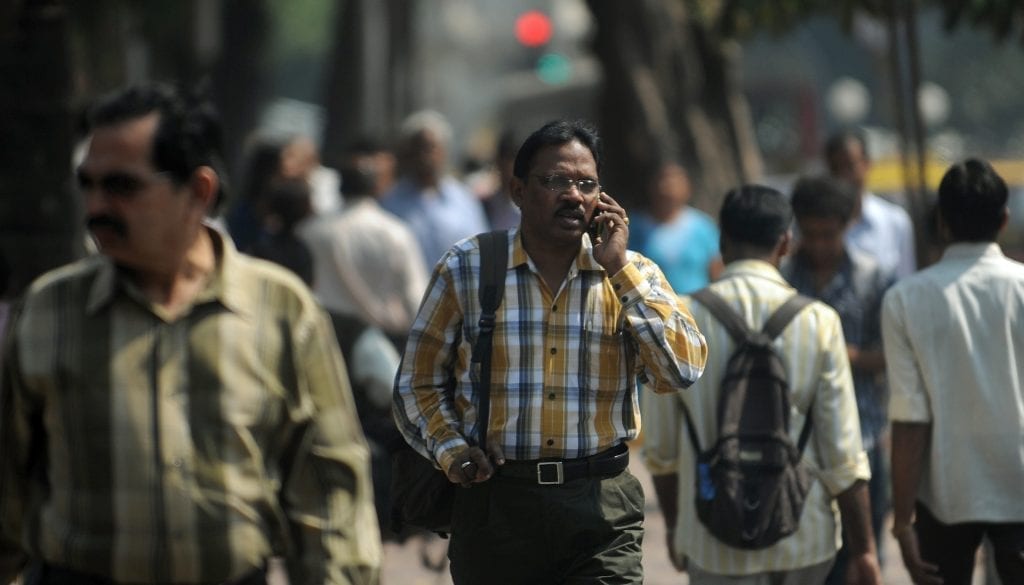
Access to a mobile phone and the internet are as vital as food, water, or shelter to refugees and critical to maintaining their safety and security, according to UN research.
A study conducted by the United Nations High Commissioner for Refugees (UNHCR) and Accenture also showed that refugees see a connected device as a lifeline and a critical tool for self-empowerment.
The report, “Connecting refugees: How internet and mobile connectivity can improve refugee well-being and transform humanitarian action,” is based on research undertaken in 44 countries on four continents.
“In the world we live in today, internet connectivity and smartphones can become a lifeline for refugees, providing an essential means for them to give and receive vital information, communicate with separated family members, gain access to essential services, and reconnect to the local, national and global communities around them,” said Filippo Grandi, United Nations High Commissioner for Refugees.
“Most importantly, connectivity can help broaden the opportunities for refugees to improve their own lives and pursue a vision of a future that would otherwise be denied to them.”
Affordability, however, is often a barrier to connectivity. Refugees living in urban areas tend to have similar access to mobile networks as other urban populations, but for refugees in rural locations the picture is very different, with only one in six refugees located in areas with 3G access, and one in five rural refugees having no mobile coverage at all – significantly lower than for the population at large.
This effectively prevents many refugees from participating in the cultural, educational, and economic activity that connectivity affords.
The report recommends additional investments in three main areas, which together form the basis of a new UNHCR Global Strategy for Connectivity for Refugees – increasing the availability of mobile networks, improving affordability, and providing access to training, digital content, and services.
The report likewise identifies a number of strategic interventions to help ensure connectivity, ranging from partnering with Mobile Network Operators (MNOs) and other technology/communications companies to improve infrastructure, making targeted investments in infrastructure, and enabling an environment and system for digital service delivery.
“Especially critical to this effort will be the engagement of the private sector, especially technology companies, and mobile network operators,” said Dan London, group chief executive of Accenture’s Health & Public Service business.

